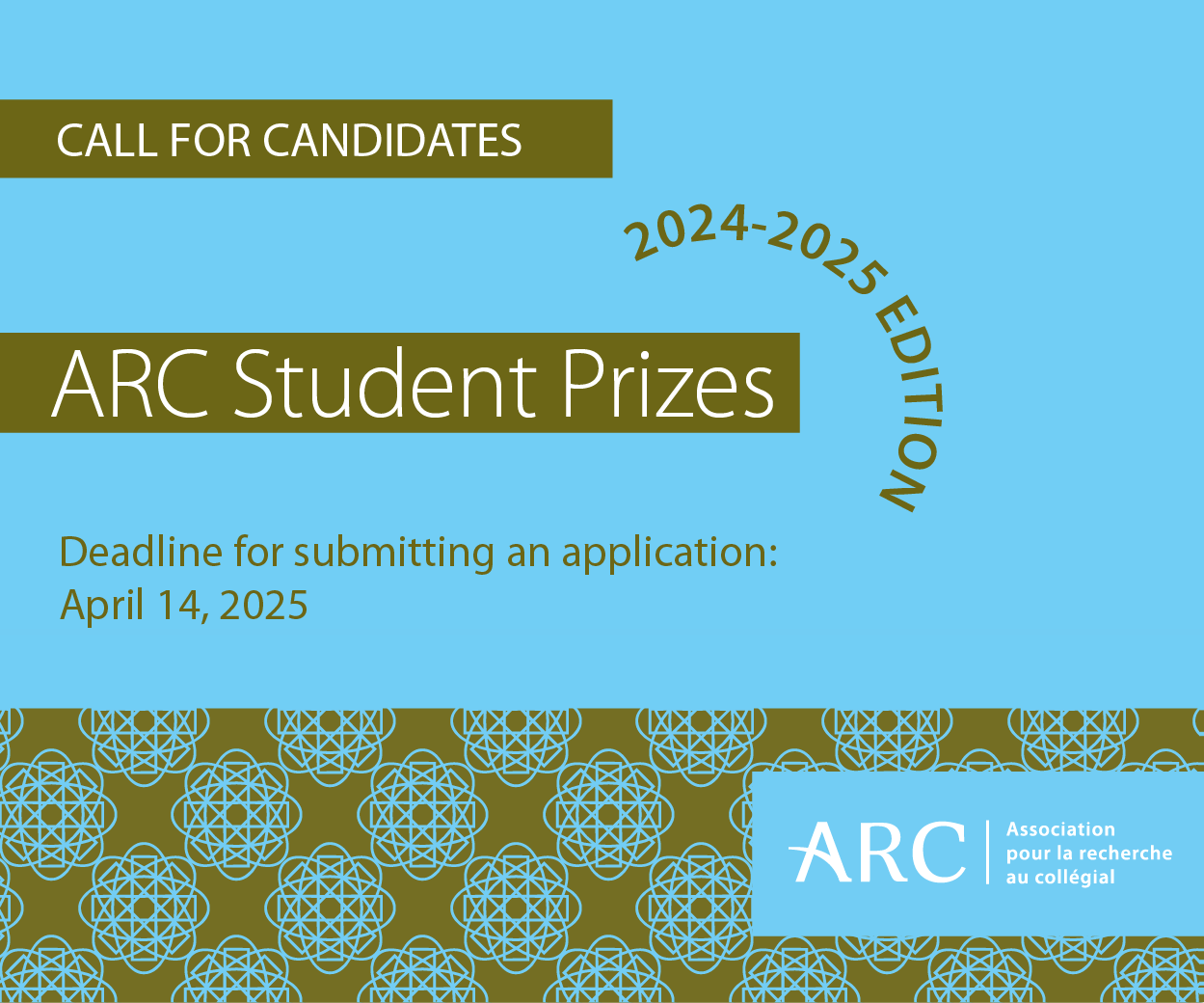Chasing happiness can drain our self-control and willpower, resulting in reduced happiness and well-being, according to a study co-authored by the University of Toronto's Sam Maglio.
For the research, Maglio, a professor in U of T Scarborough's department of management and the Rotman School of Management and Aekyoung Kim of South Korea's Jeonbuk National University conducted a series of experiments to examine the underlying causes of the "happiness paradox," a widely documented phenomenon wherein seeking happiness actually makes us less happy.
They found that trying to be happy can result in failures of self-regulation, which make us susceptible to temptation and more likely to make self-destructive decisions that hinder our happiness.
The study was published in the journal Applied Psychology: Health and Well-Being.
"The pursuit of happiness is a bit like a snowball effect. You decide to try making yourself feel happier, but then that effort depletes your ability to do the kinds of things that make you happier," says Maglio.
Maglio likens the phenomenon to coming home after a long day at work: the more mentally rundown we are, the more tempted we'll be to skip household errands that might actually make us feel better once completed.
In their initial surveys, the researchers found that the more people habitually tried to be happier, the less they reported utilizing self-control in their daily lives. The hypothesis was that this was due to happiness-seeking and self-control competing for finite mental energy.
They then carried out a series of experiments to examine their hypothesis. In one experiment, participants were given the task of ranking a list of products in order of preference. They found people who were higher in self-reported happiness-seeking spent less time on the task at hand.
In another experiment, the researchers used ads with the word "happiness" in them to trigger a phenomenon in which people try to be happier as a result of seeing the word. These participants, as well as participants in the control group, were then offered a large bowl of chocolates and told to eat as many as they like, and rank them by taste. They found that participants in the happiness-seeking group ate more chocolates than their control group counterparts.
Finally, participants were presented pairs of everyday items, with one group asked to choose the option that would improve their happiness and the other told to choose based on their personal preferences. Both groups were then given a mental task to gauge their self-control abilities. As hypothesized, the happiness group quit the task earlier, indicating they had fewer mental resources remaining after a bout of happiness-seeking.
"The story here is that the pursuit of happiness costs mental resources. Instead of just going with the flow, you are trying to make yourself feel differently," says Maglio.
The researchers note that while self-help books and lifestyle coaches "might bias people toward an unending, hollow quest for ever-greater happiness," their work suggests that a better strategy might be to pull back from seeking happiness and instead focus on gratitude and appreciating what one already has. In other words, happiness is particularly exhausting when people view it in the same vein as money, as though it's something they can and should gather as much of as possible.
Instead, Maglio recommends that people think of happiness like sand on the beach - you can cling to a fistful of sand, but the harder you try to hold on to it, the more your hand will cramp to the point of letting it go.
"Just chill. Don't try to be super happy all the time," says Maglio, whose work is supported by a grant from the Social Sciences and Humanities Research Council of Canada. "Instead of trying to get more stuff you want, look at what you already have and just accept it as something that gives you happiness."













